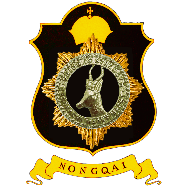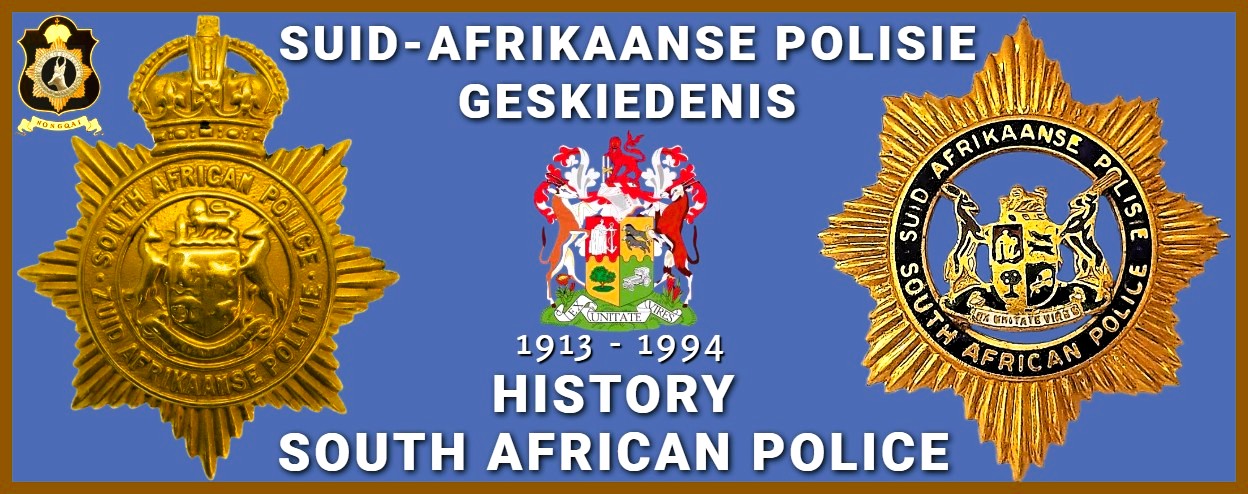THE GOLDFISH IN THE BOWL: THE POLICEMAN UNDER SCRUTINY
HB Heymans

Summary
This article explores the South African policeman as a moral agent under intense scrutiny. Like a goldfish in a bowl, he is observed by five distinct groups: the judiciary, the public, the media, academics, and politicians. Each shapes his reality, challenges his mandate, and contributes to the narrative of law enforcement. Far from being an aggressor, the policeman stands as a defender of law and dignity—often torn between duty and conscience. Through metaphors of the boxer and the rugby team, the article honours his sacrifice, teamwork, and ethical resilience in times of institutional fragility and fading values.
Key Words
Police • South African History • Law and Order • Moral Conscience • Township Unrest • State Security • Teamwork • Boxer Metaphor • Goldfish Metaphor • Public Trust • Accountability • SAP • Ethics • Service • Institutional Decline • Politicians • Oversight • Reform
The Goldfish in the Bowl: The Policeman Under Scrutiny
In the public arena, the policeman is like a goldfish in a bowl—always visible, constantly judged. His actions are scrutinized by four groups: the judiciary, the public, the media, and academics. Yet few understand the inner struggle between duty and conscience that defines his service.
Boxer in the Ring: Defender of Stability
Like a boxer who never leaves the ring, the policeman absorbs the blows of political unrest, border conflicts, and urban violence. He fights not to destroy, but to protect—against chaos, against collapse, against mistrust.
Conscience vs Command: The Moral Battleground
Without a clear community mandate, SAP members had to consult their own moral compass. During township uprisings and political protests, they stood torn between state orders and human compassion—yet often responded with acts of integrity and care.
Teamwork Under Pressure: SAP as a Rugby Squad
In the broader game plan of state security, the SAP functioned like a well-oiled rugby team. Each member had a role—from border protection to intelligence. Victories were not individual but collective — triumphs of discipline and strategy.
Service in the Shadows: The Policeman as Public Servant
Even during political transition and institutional decline, SAP members continued to uphold peace and protect lives. Their work was often anonymous, their sacrifice quiet. Yet their mandate was clear: loyalty, responsibility, and the safeguarding of human dignity.
Five Pairs of Eyes: Who Watches the Policeman in the Bowl?
The policeman, like a goldfish in a bowl, is constantly observed—judged not only by his actions but by the context in which he operates. Five distinct groups peer into this transparent space:
- The Judiciary – Prosecutors and courts test his conduct against the law and constitutional principles.
- The Public – Citizens grant or withhold moral legitimacy, often shaped by lived experience and historical memory.
- The Media – Journalists frame the narrative, demand accountability, and influence perception.
- Academics – Scholars dissect his role through historical, sociological, and ethical lenses.
- Politicians – Lawmakers and leaders define the rules of engagement, allocate resources, and sometimes scapegoat or shield the police for political ends.
These five pairs of eyes do not merely observe—they shape, challenge, and sometimes distort the policeman’s reality. True reform and understanding require that all five engage with honesty, context, and a shared commitment to justice.
Not Just a Lawbook: Guardian of Trust and Values
The true servant of the state does not merely enforce laws—he protects values. Transparency in investigations, honesty in testimony, and humanity in conduct form the anchor of public trust.
Closing: Upon the Shoulders of Giants
The South African Police stood firm during the revolutionary conflict, helping to stabilize the country and enabling political leaders to negotiate a peaceful transition. Though the SAP has since been replaced by the SAPS, its legacy remains etched in the nation’s history.
We salute the old guard—those who served with honour, discipline, and courage. We thank our predecessors who set a noble example, and we acknowledge with humility that we were privileged to stand upon the shoulders of giants.
Above all, we give thanks to God for the grace that was shown to us. He chose us for this task—He never failed us. In service to the people, in obedience to our calling, we stood firm. And we shall continue to stand—with gratitude, with reverence, and with faith.

